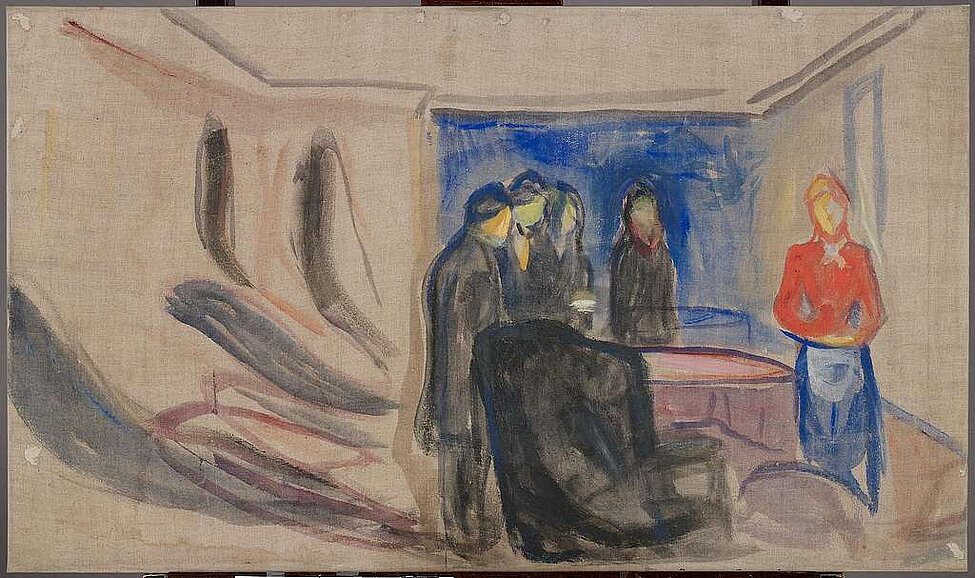Call for Papers: The XVIth International Ibsen Conference on “Ibsen's Topicality” (CH)

The International Ibsen Committee (University of Oslo) and the University of Zurich invite submissions to the 16th International Ibsen Conference on “Ibsen's Topicality,” to be held in Zurich from 25 to 27 June 2026. The deadline for abstract submissions is 1 June 2025.
It is often said that Ibsen’s dramas are astonishingly topical. Indeed, the sheer number of performances of his plays around the world today appears to support this view. But what are the reasons for this continuing topicality?
The question invites several answers. Firstly, it could be argued that the themes addressed in Ibsen's dramas remain highly relevant. The dynamics of family structures, the relationship between humans and the environment, and the consequences of a capitalist economy have by no means lost their significance. At the same time, the formal characteristics of Ibsen’s plays—marked by openness and contradiction—seem to invite a wide range of creative interpretations and adaptations. Reference may also be made to Peter Szondi’s well-known claims regarding the unique temporal structure of Ibsen’s drama, as discussed in his Zurich dissertation Theorie des modernen Dramas (1956; Theory of Modern Drama). The fact that the present action on stage is constantly undermined by references to past events creates what Szondi terms a “gap” or an “abyss,” enabling new interpretations.
The XVIth International Ibsen Conference aims to explore the question of Ibsen’s topicality from a variety of perspectives and welcomes submissions addressing any of the following themes:
Family Dynamics: To what extent are the family dynamics and associated gender relations and genealogical structures explored in Ibsen’s plays still relevant today? Can recent developments in gender studies offer new insights into these issues? How are such concerns reflected in current stage productions?
Ecological Dynamics: Many of Ibsen’s plays directly or indirectly decentralize the subject, expressing an interest in more complex human–environment relationships or actor–thing networks. Do these plays pose questions that have only recently become fully visible in the light of ecocritical approaches? How are such issues reflected in contemporary stagings?
Social Dynamics: Marxist interpretations by German “Ideologiekritik” scholars such as Leo Löwenthal, Theodor Adorno, and Peter Szondi view the social themes of Ibsen’s plays as complex effects of capitalist economies. These perspectives may be more relevant than ever. How are these socio-political concerns addressed in recent theatrical productions?
Aesthetic Perspectives: Do Ibsen’s dramas possess formal characteristics that account for their continued relevance and adaptability? Might the temporal structure of his drama—which ultimately challenges traditional concepts of dramatic presence—paradoxically support its capacity for contemporary reinterpretation?
Performative Perspectives: How do the performative elements embedded in Ibsen’s drama—such as specific stage directions, scenographic or choreographic moments (e.g., dances, entrances, exits)—relate to its ongoing relevance? In what ways are these elements intensified in current productions, and how do contemporary performances seek to translate the aesthetic and topical dimensions of Ibsen’s drama to the stage?
Philosophical Perspectives: Many of Ibsen’s plays revolve around philosophical themes, including historical, ethical, or existential problems (often referencing medieval or folkloric topics). Are these themes still relevant today, and how might they be reframed in contemporary discourse?
Comparative, interdisciplinary, and cross-cultural perspectives are particularly encouraged.
Please submit a title and an abstract of approximately 250 words by 1 June 2025 to ibsen@ds.uzh.ch. The abstract should include the author’s name and institutional affiliation, five keywords, and a short bio (maximum 150 words).
Further information regarding travel grants, registration, and related matters will be provided following the notification of acceptance. Preliminary details about keynotes, conference fees, and the program will be published on the conference website by October 2025.
